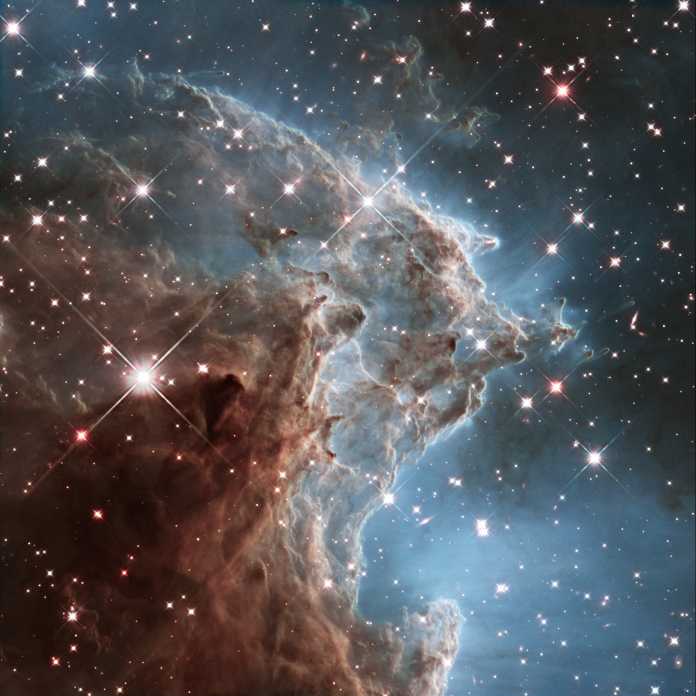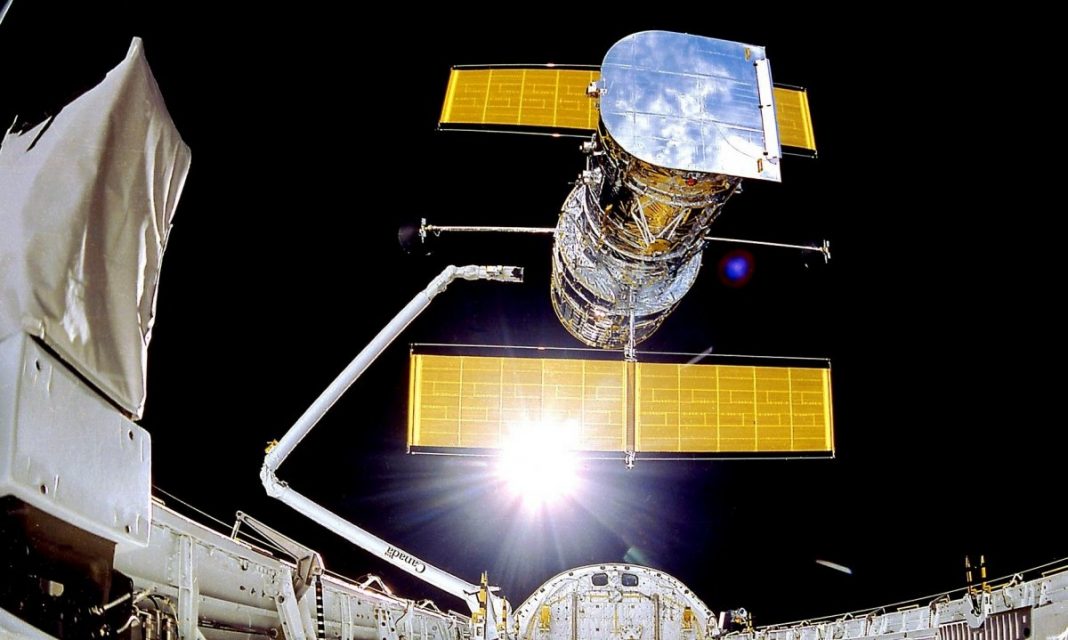More than a week after the Hubble Space Telescope ceased its science work, the problem that caused it had not been resolved. The US space agency (NASA) said that attempts to restart the failed payload computer have so far been unsuccessful. Nor will measures to collect more diagnostic information yield any results. NASA did not explain the planned steps then, but assured them that apart from the computer problem, the telescope and scientific instruments were still in good shape.
Switching to backup storage did not work
The US space agency announced last week that the space telescope’s payload computer, which operates jointly with the European Space Agency and NASA, shut itself down on June 13. The subcomputer is responsible for coordinating the scientific instruments. After the main computer no longer receives any data from this subarea, it, in turn, switches all gadgets to safe mode. Presumably, a worn out memory module was responsible for the first failure. And NASA indicated that four of them are available, and three of them are pure backups. It is assumed that the first unit is defective. Changing to another has not yet worked.
Therefore, the affected payload computer is the so-called NASA Standard Spacecraft Computer-1 (NSSC-1), which dates back to the 1980s. Its task is to control and coordinate the scientific instruments on the space telescope, as well as check their condition. There is a full backup computer on board, which can take over the work if needed. Both have access to four memory modules, three of which are also kept as backup. So far, only attempts have been made to reactivate the first payload computer with a different memory module, but this was unsuccessful. So there are still a number of possible actions remaining. Updated schedule NASA did not name it.

(Photo: ESA/Hubble)
Hubble has been in business since 1990, and after a rough start, it has fundamentally changed and shaped our picture of the universe over the past three decades with countless images of stars, galaxies, and more. However, in the end, the old age of the instrument became apparent, which humans can no longer visit and maintain since the end of the space shuttle. The affected unit was now replaced during the last maintenance in 2009, but the computer was built in the 1980s and was developed even earlier. With the James Webb Space Telescope, Hubble’s successor has been under construction for years, but its start has been repeatedly delayed. It should be up to date this year.
(mo)

“Unapologetic pop culture trailblazer. Freelance troublemaker. Food guru. Alcohol fanatic. Gamer. Explorer. Thinker.”




